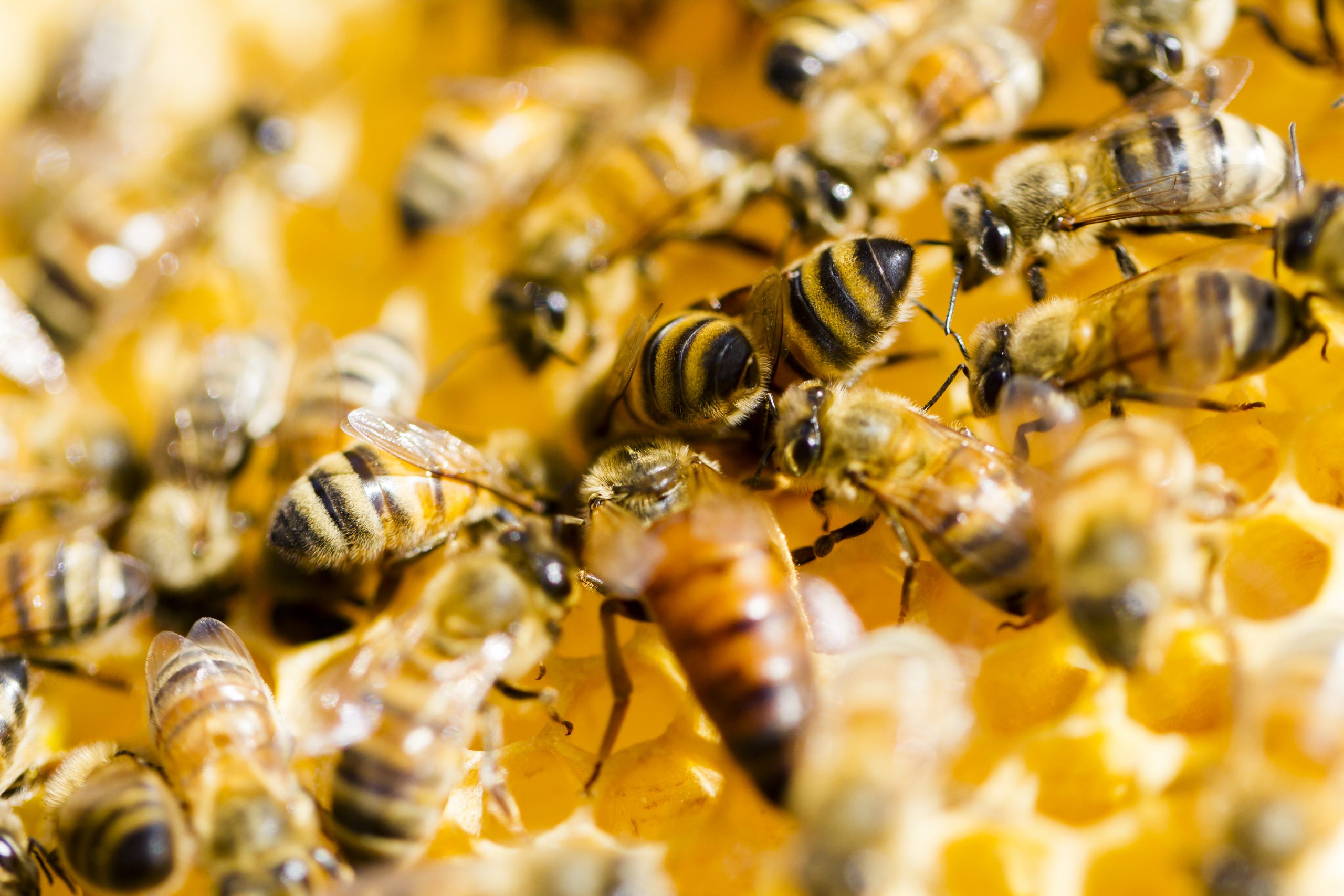Bee Colony Collapse Disorder Hurts More than the Honey Industry
March 21, 2015
Bee Colony Collapse, Honey News, Honey Bees
All things considered, beekeeping is considered a relatively small industry in the United States. Last year (2014), it is estimated the industry generated over $325 million in revenue. I already know what you are thinking…how do I get a small business like that? However, like many smaller niches, beekeeping affects many other industries, most notably, the food industry.
Start talking about the problems bees are having at your local tappy and most of the people around will probably shrug their shoulders and talk about their disdain for the bee. After all, all it does is chase you around the yard to try and sting you, right? Not exactly, the bee is not only responsible for the honey industry, but also many other aspects of the food industry. In fact, the bee may be one of the most influential insects to the food industry as a whole.
One of the problems bees are dealing with are two separate varieties of mites. The most notable of these mites is the Varroa mite. Essentially, the mite is like a vampire to bees. It drains the bees of their blood, thereby significantly shortening the lifespan of the honey bee. It also attacks the brood, causing birth defects to these bees when they are born.
There are also 21 other viruses the bees are susceptible to. Just like humans, a single bee that contracts the virus can take it back to their “home,” in this case, the hive, and spread it to the rest of the bees. When this happens, a large portion of the hive can become “sick” and die, decreasing the production of that particular hive as well as obviously decreasing the bee population.
Another concern for honey bees is pesticides. There is a group of apiarists in Maryland that have taken the battle against pesticides to Congress (they are trying to get the Pollinator Protection act passed). The group claims that Neonics, a popular pesticide, remains in the plant tissues and is very harmful to the bees. Currently, there are numerous studies being done, backed by both sides of the argument, looking into the harmfulness of the pesticide.
The trickledown effect of the bee colony collapse disorder is nothing to shrug off, however. Local farmers often use bees as a way to maintain their crops. A hive that once cost the farmers about $25 now costs them seven times that! But, it is not the increase in costs that is the main concern, it is the actual sustainability of food supply. If bees continue to die off, we are truly going to have a very serious problem in the food industry.


.jpg)



